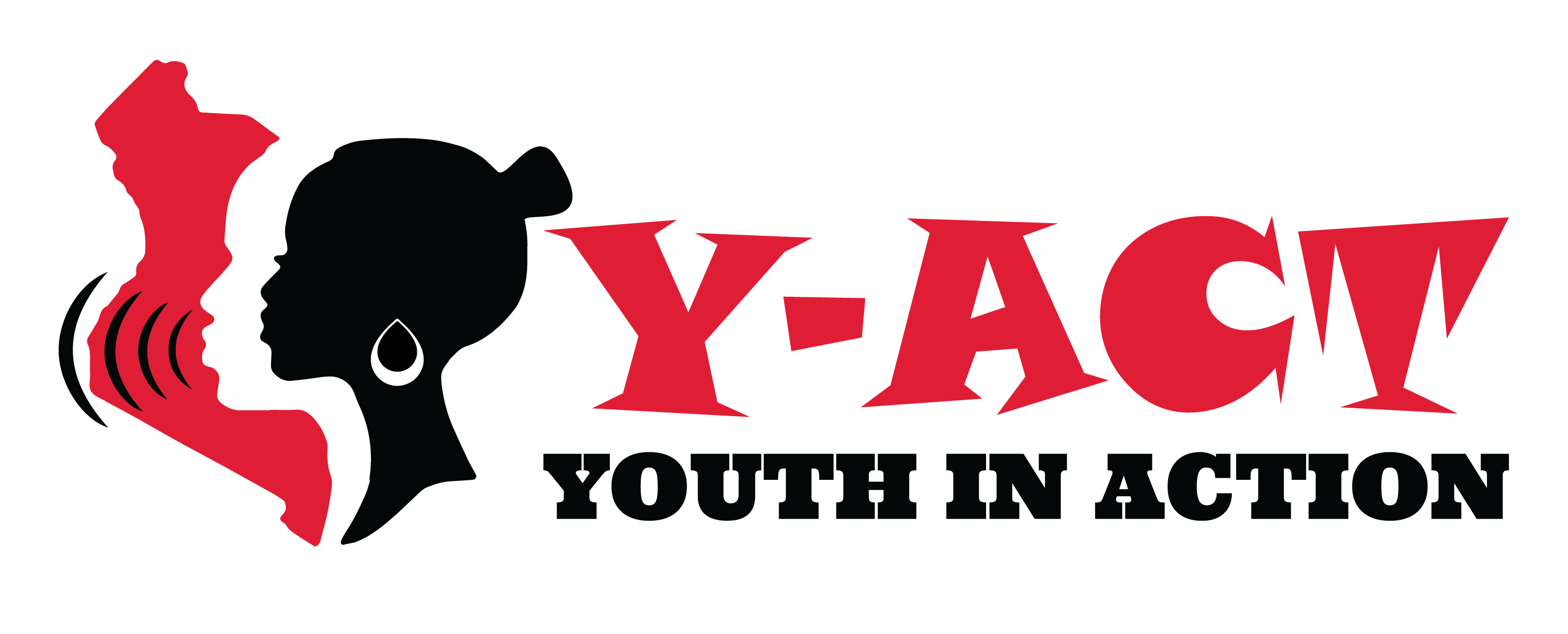SHOWCASING HOW YOUTH AND SELF-CARE ARE ESSENTIAL FOR THE ACHIEVEMENT OF UHC
Author: Ms. Beatrice Nyamwenge Okech
Co-authors: Ms. Evalin Karijo & Ms. Vania Kibui
When the topic of Universal Health Coverage (UHC) comes up in global discussions, one immediately thinks of equitable access to healthcare for all, where no one is left behind and access to health services does not leave one in debt or abject poverty. Thus, it is no surprise that governments all over the globe have made commitments towards UHC as part of their development goals. The achievement of UHC however remains an ambitious goal for most nations, particularly those in the developing world. We are called to tap into our creativity and ingenuity to find innovative ways of achieving UHC. This also means the adoption and adaptation of prior innovations and schools of thought – self-care is one of innovation that must be included in UHC. Self-care, which is not a new concept, can be directly linked with the achievement of UHC, particularly in developing countries where the ratio of healthcare providers to the general population is considerably higher than recommended targets. In Kenya, for instance, the doctor to patient ratio is 1 to 17,000; the World Health Organization’s recommended ratio is 1 to 1,100. While already alarming, this reality proves to be even more stark as we face the COVID-19 pandemic. There is need to innovate appropriate solutions within the current context to ensure that all have equitable access to healthcare, especially sexual and reproductive health services.
Now more than ever, we are called to be cognizant of the urgency with which we are required to work towards strengthening healthcare systems at the national and grassroots level. In fulfilling its mandate, Y-ACT Youth in Action continues to work with young people to improve equitable access to adolescent and youth friendly sexual and reproductive health services in Kenya. Y-ACT’s Nairobi county youth advocates coalition in collaboration with County Health, Gender and Youth departments’ policy makers are working, on customizing a peer youth friendly services support training manual which aims to strengthen capacity of youth community health volunteers on YFS components including Mental health, Safe motherhood, HIV/AIDs, GBV in order to upscale YFS access to young people via peer to peer awareness creation This will no doubt go a long way in amplifying the agency young people have to make informed decisions on their reproductive health and practice self-care, which can contribute to overall improved health outcomes in Kenya, where young people make up 75% of the population.
Furthermore, Y-ACT hosts the Youth4UHC movement, the first Pan-African movement of youth engagement in UHC. The movement was launched during the second Africa Health Agenda International Youth Pre-Conference 2019 to galvanize youth voices, curate solutions for Africa’s most pressing health challenges, and hold leaders to account on their commitments to achieving UHC by 2030 by influencing country-specific and regional consultation processes related to the Sustainable Development Goals. Y-ACT, AfriYAN and the Youth4UHC Movement are currently developing the first Pan African Youth SRH Digital Knowledge Hub that will provide young people with reliable information, a platform to carry out joint mobilization and advocacy on SRH and the SDGs Last Decade of Action and social accountability efforts for SRH commitments in 14 African countries. This digital platform will include a chat bot that will enable young people to engage on SRH, further enhancing self-care among African youth.
These are but a few examples of how young people are taking up their rightful place in society, pushing for the strengthening of health systems despite these uncertain times and making sure youth have access to self-care. Unified by one cause, young people continue to make it clear that we cannot wait for the pandemic to blow over in order for us to advance commitments made towards UHC. We are called upon to make conscientious, unified and rapid action alongside our governments to ensure the achievement of UHC and that self-care is included in that call. And who better to lead the way than the youth?
“First posted on https://www.psi.org/project/self-care/yact-uhc/
